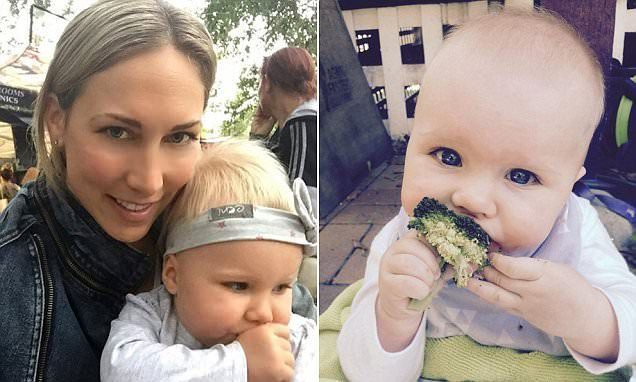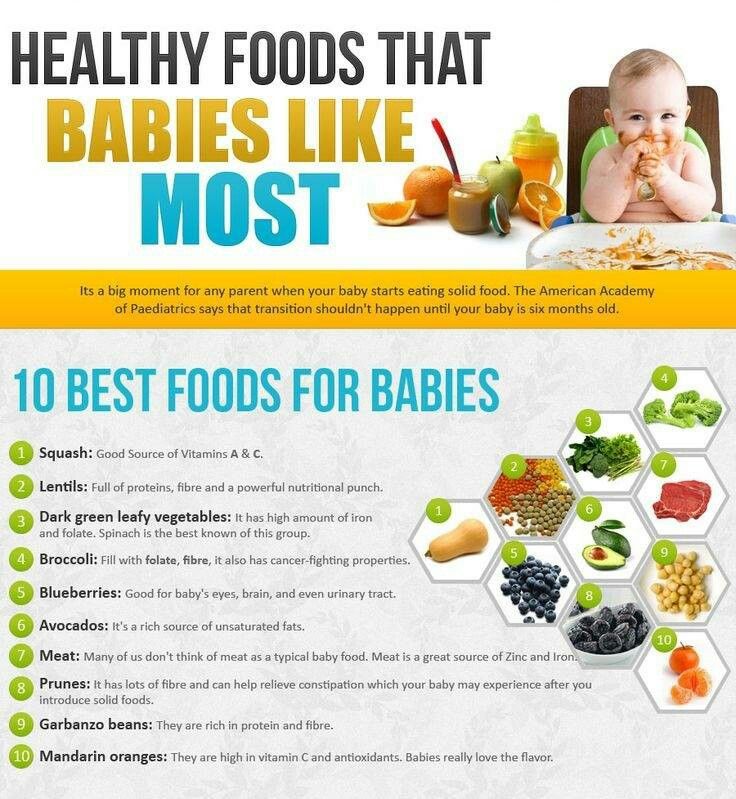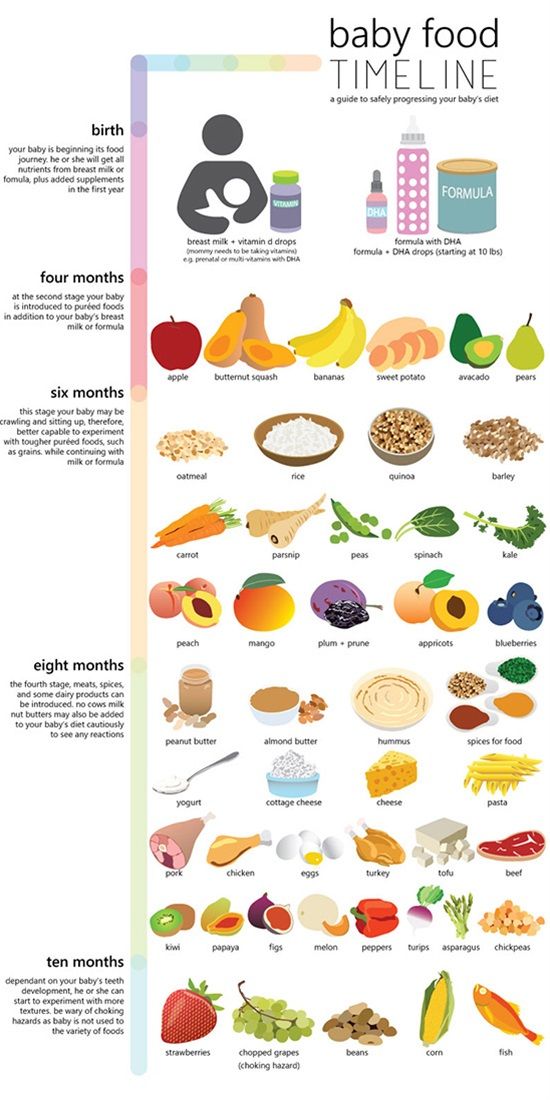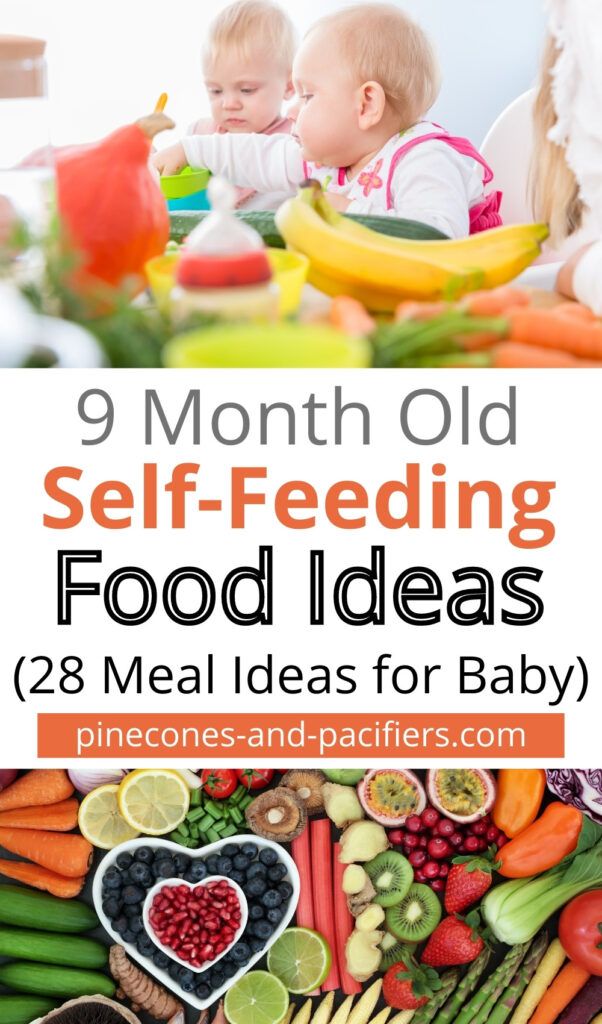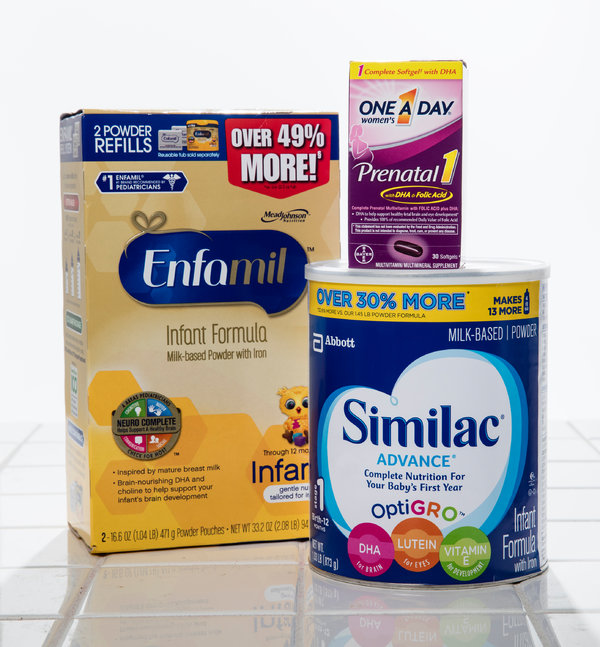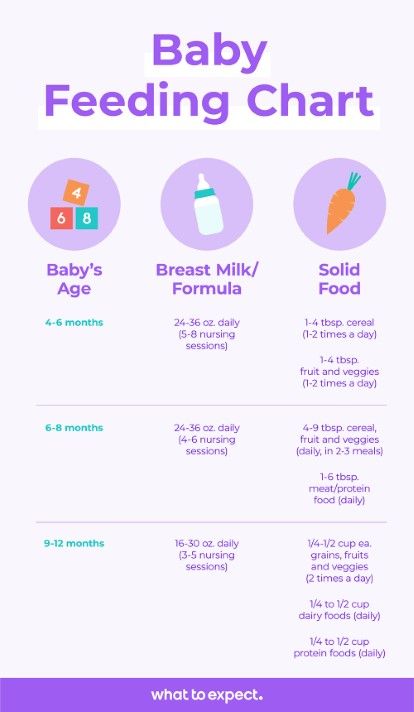3 week old baby unsettled after feeds
Why Is Baby Crying After Feeding?
The question of “why does my baby cry after feeding” is a question that can typically drive mothers and parents crazy.
Oftentimes, it can be hard to know why your baby is crying after feedings. Not knowing how to identify the problem and not having a solution can have a significant effect on the physical and mental health of both your baby and the entire family. This can include increased stress, lower quality sleep, and the physical health of your baby. However, if you identify the cause and solve the problem, you will be able to significantly improve the parenting and breastfeeding experience for you and your child.
That’s why we decided to write an article on this topic – Why does my baby cry after feeding? This is an important topic and should be known by all mothers so that you can get the best results when feeding your baby.
This article will cover the following topics:
- Why Babies Cry After Feeding
- Should You Breastfeed Every Time Your Baby Cries?
- How Do I Comfort A Newborn?
Without further ado, let’s get into it.
Why Your Baby Cries After Feeding
Acid Reflux
The first major reason babies cry after feeding is known as acid reflux. Acid reflux happens when the content in the stomach gets pushed back into the esophagus.
It’s estimated that more than half of infants experience acid reflux at some point. The condition usually peaks at 4 months and goes away on its own between 12 and 18 months of age.
Some symptoms of acid reflux include:
- Spitting up and/or Vomiting
- Refusal to eat and difficulty eating or swallowing
- Irritability during feeding
- Wet burp / hiccups
- Failure to gain weight
- Abnormal arching
- Frequent coughing
- Gagging or choking
- Chest pain or heartburn
- Disturbed sleep
If acid reflux symptoms persist past 24 months, it may be a sign of gastroesophageal reflux disease (GERD) when combined with weight gain.
Food Sensitivity / Allergies
In addition to acid reflux, some breastfed babies may be allergic to certain food particles that their mothers are eating. According to the Academy of Breastfeeding Medicine, some of the most common foods that lead to food sensitivities and allergies in babies is cow’s milk protein in the mother’s milk, egg, corn, and soy.
Some symptoms of food sensitivities in your baby include the following:
- Extreme irritability after feedings
- Bloody stools (poop)
If your baby has the following symptoms, you should speak with your healthcare provider about getting them tested for allergies.
Additionally, you can also follow a restricted diet that removes common allergen foods such as eggs, dairy, corn, caffeine, and seeded fruit. Be sure to speak with your doctor before changing your diet significantly.
Start by eliminating one food at a time and analyze the effects of removing certain foods on your baby’s behavior. That way you can really see what effect each individual food has so you can isolate the diet problem.
That way you can really see what effect each individual food has so you can isolate the diet problem.
Gas
The next reason your baby may be crying is gas. Gas can also be known as a buildup of air swallowed while eating. In particular, bottle feeding can lead to your baby swallowing a lot of air during feeding. This will cause gas to be trapped in the stomach and will potentially lead to baby hiccups and discomfort for the baby.
In order to help prevent gassing in your baby, you may try to change or improve your breastfeeding position. Try to keep your baby upright after feeding. Also, allow your baby to burp gently from the bottom of their back and up through the shoulders to work the gas bubbles up and out of the body. Burping your baby can significantly reduce the chances of gassiness.
Formula
Not every baby gets fed directly from breast milk. For formula-fed babies, a change or switch of the formula you use may be your solution to your baby crying after feeding.
Every formula brand may affect each child differently, so trying a different formula for your baby may be a good solution to solving your babies crying problem. It is important to talk to your own baby’s pediatrician about whether some other formula options can be better for your child.
If you see no change or improvement by switching your baby’s formula, it is unlikely to help for any other brands.
Colic
Colic is also another reason why babies cry after feeding. Essentially, colic means persistent and excessive crying for a baby under 3 months old. More specifically, your baby is doing the following:
- Is crying a lot, for at least three hours a day
- The baby is crying at least three days per week or more
- Is under 3 months old
If all 3 of those boxes are checked, then your baby is likely colic.
Should You Breastfeed Every Time Your Baby Cries?
This is a question that is very popular among moms in regards to their baby and crying. For that reason, we wanted to address this directly because it seems to be a topic that is debated out there.
For that reason, we wanted to address this directly because it seems to be a topic that is debated out there.
In short, no. You do not want to breastfeed your baby every time he or she cries. Contrary to some beliefs out there, some babies cry because of a bloated stomach, gas, or some of the other reasons we talked about already in this article.
Ultimately, the best solution is to let your baby decide when she’s had enough milk. When your baby has had enough milk, it will give you signs to let you know it will be done feeding. Including stopping feeding or turning your head away.
How Do I Comfort a Crying Newborn?
Now that you know that you shouldn’t breastfeed every time your baby cries after feeding, I’m sure you’re also wondering how to comfort your crying newborn. With that being said, there are multiple ways to comfort a crying newborn when he or she cries.
Some of these ways include:
- Offer a pacifier for sucking – this can help your baby relieve stress without crying.

- Try gently rocking your baby – this can calm your baby down and relax them.
- Quietly singing to your baby – like rocking, singing may calm your baby and get them to stop crying. You can also put on a rhythmic song or music to have the same effect.
- Cuddle and hold your baby close – Touching, holding, and cuddling your baby makes your baby feel safe and secure. You can also put your baby in a blanket to get a similar effect.
- Try walking or taking your child out for a walk – this can result in a positive change in your child’s mood.
These are some of the main ways that you can comfort your baby when crying. As mentioned above, breastfeeding is not always the answer when your baby is crying. If your baby is crying and it has had enough feeding, try the things that we’ve listed above and see if it helps and improves your baby’s mood.
Why does My Baby Cry After Feeding – Key TakeawaysIf you’re thinking, “Why does my baby cry after feeding?” hopefully this article is helpful for you. Knowing why your baby cries after feeding is extremely important for the health of your child. Some reasons why your fed baby cries after feeding can include acid reflux, food sensitivity/allergy, gas, formula, or colic.
Knowing why your baby cries after feeding is extremely important for the health of your child. Some reasons why your fed baby cries after feeding can include acid reflux, food sensitivity/allergy, gas, formula, or colic.
You should not breastfeed every time your baby cries. Instead, it’s best to let the baby tell you when it’s had enough flow of milk.
It’s also important to comfort your crying newborn when he/she cries.
Knowing how to answer the question “why does my baby cry after feeding” can help your breastfeeding experience and the health of your baby. Whether it is with bottle feeding, direct breastfed babies, your baby will be better off if you understand these basics.
If you’re looking to get the best high-quality breast pump, you can order our breast pump here. We offer a wide range of pumps with a ton of different insurances. Some insurances we cover include UPMC, Tricare, Aetna, and many others.
Baby Crying After Feeding: What Should You Do?
Did you imagine watching your new bundle of joy gently slip off to sleep in your arms while eating? Is your reality a screaming baby who can’t seem to get comfortable after feedings?
You’re not alone; it happens more frequently than you think. As moms, we’ve dealt with this ourselves. And as medical practitioners, we’ve seen plenty of parents with the same issue.
As moms, we’ve dealt with this ourselves. And as medical practitioners, we’ve seen plenty of parents with the same issue.
There are several reasons your baby might be feeling discomfort after feeding. We’ll look at some of the main causes of why your baby cries after feeding, and we’ll share some proven techniques you can use to make your baby more comfortable and your evenings calmer.
Why Do Babies Cry After Feeding?
If you’re dealing with an inconsolable child after feedings, you may have noticed some of the following symptoms of abdominal discomfort:
- Crying: Babies seem to experience more discomfort during the evening hours. If you’ve heard the cry before, you know it’s unmistakably a cry of pain. An urgency and intensity suggest it’s more than just complaining.
- Pulling up or extending their legs: Is your baby bringing their knees up to their chest or rigidly extending their legs? They are likely experiencing abdominal pain.

- Distended bellies: Most post-feeding discomfort can be linked to excessive gas in the baby’s system. If it’s trapped in their digestive system, it may lead to a hardened or swollen tummy. Their crying may be exacerbating the discomfort they’re already experiencing.
There are many possible causes of your baby’s discomfort. While this is not an exhaustive list, we’ll talk about some of the main sources of digestive discomfort in young babies.
1. Colic
Perhaps you’ve heard a baby referred to as colicky. Your pediatrician may have even given you the diagnosis. This designation came about after a pediatrician’s study on extremely fussy children and has been around for decades.
Having a colicky baby basically means you have a baby who cries — a lot. You can expect a baby with colic to cry at least three hours a day for at least three days a week (1). Using this definition, nearly a quarter of all infants will experience colic.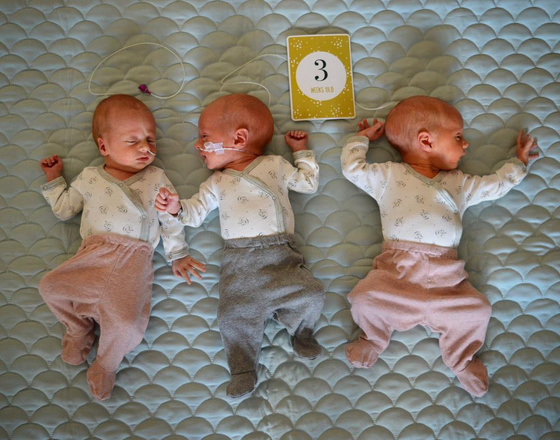
The good news is that 50% of babies with colic outgrow the condition by the time they’re three months old. By the time your baby reaches nine months old, there’s a 90% chance they’ll have outgrown the colic.
There’s usually no discernible cause for colic. But it’s clear your baby is uncomfortable. This discomfort is typically linked to the digestive system and follows feedings.
You may need to hold your colicky baby more often and provide lots of comfort. While it can be nerve-wracking and frustrating, having a colicky baby doesn’t mean your baby is unhealthy.
2. Acid Reflux
Also known as gastroesophageal reflux disease (GERD), acid reflux is a common cause of post-feeding discomfort. It can be upsetting to hear your baby is experiencing reflux. But reflux isn’t uncommon; it affects up to 50% of babies during the first few months of life.
If your child is suffering from GERD, there may be additional accompanying symptoms, like difficulty gaining or maintaining weight. Children with GERD frequently spit up and may even experience aggressive vomiting (2).
When your child is experiencing acid reflux, it’s usually because the gastrointestinal system is not working properly. If the difficulty your baby is experiencing is related to an immature digestive system, a child may outgrow GERD. When this happens — as it does for about 95% of children — it usually does so by their first birthday.
There’s also a remote possibility your baby will not outgrow GERD. If this is the case, your doctor can help you create an ongoing treatment plan to support your child’s needs. If you suspect your child has GERD, you should make an appointment with a pediatric gastroenterologist to discuss your concerns.
3.
 Gas
GasAnother common reason babies cry after feeding has to do with gas. Babies’ bodies are still developing their basic skills. A baby who swallows too much air during feedings may not be able to process the extra gas easily.
This leads to pressure and distension and can cause crying and extreme discomfort after meals. It may not be possible to keep your baby from taking in too much air during feedings. However, there are some things you can do to keep air intake to a minimum:
- Frequently burp your baby: Burping can help remove some of the excess air from your baby’s system and leave them feeling more comfortable. To successfully burp your baby, hold them upright, supporting their head well, and pat or rub their back. Some babies seem to burp a lot, while others might have one good burp per feeding.
- Feed in a more upright position: Keep your baby upright for at least 20 to 30 minutes after meals to reduce gas discomfort. If your little one is uncomfortable during sleep, you can also try an inclined mattress, following safe sleep guidelines (3).

- Cycle your baby’s legs: If your baby is visibly uncomfortable, you can lie them on their back and cycle their legs as though they’re riding a bike. This can help push the air through their system and provide them with some relief.
- Try to catch the crying early: It can be tempting to let your baby work through the crying and get to sleep. If it’s likely your child won’t stop, intercept the crying as soon as possible. Crying usually involves gulping air, which will lead to more gas — and more crying.
- Don’t put your baby to sleep directly after a large meal: We all know it’s best for your baby to sleep on their back. But putting a baby down on their back with a full stomach can be a recipe for discomfort. Hold your little one for 20 minutes post-feeding, even if they’re already asleep.
These approaches are great whether you’re nursing or formula feeding. However, there are some specific things you’ll want to look out for, depending on how you feed.
Nursing
- Pay attention to how you eat: What you eat directly impacts your breast milk. Certain foods, including broccoli, beans, and onions, are notoriously difficult for your baby to break down. If you notice gas is especially bad for your baby after you eat a particular type of food, you can limit it in your diet.
- Food sensitivity: Something in your diet may be making your baby fussy. The most common culprits are dairy and caffeine. Usually, there are additional symptoms. Keeping a food journal may help you pinpoint the offending item so you can eliminate it from your diet.
- Nurse your baby in positions that keep their head above their stomach: This will help limit the amount of air intake and encourage digestion.
- Get rid of the excess gas: Plan on burping your baby before switching sides and after feeding.
Bottle Feeding
- Pay attention to the bottle nipple you’re using: If your bottle nipple releases fluid more quickly than your baby can comfortably eat, they will guzzle their meal.
 This leads to an increase in air intake and plenty of gas. Using a slow-flow nipple can help avoid this problem.
This leads to an increase in air intake and plenty of gas. Using a slow-flow nipple can help avoid this problem. - Position your bottle properly: Make sure your bottle is tilted enough to allow the milk to cover the nipple completely. This will help prevent your baby from sucking in the air that’s in the bottle along with their meal.
- Force out the extra air: Expect to burp your baby after every ounce of milk or formula is consumed.
Gas can be highly uncomfortable for your little one. Following these tips will help you mitigate gas and discomfort for your baby.
4. Food Sensitivities
It’s possible that some of your child’s crying after eating is related to an intolerance or allergy.
Everything you consume is passed on to your child in your milk. Some foods — like dairy and eggs — are frequently associated with food sensitivities (4).
If you’re nursing, the best way to determine what’s agitating your child is by charting your food intake. Keep a food journal; you may be surprised at where correlations begin to appear.
Early on, my youngest was inconsolable after the last meal of the day — just when the time came to settle into sleep.
The common link to the discomfort? Spicy food and cheese during my dinner. I cut back on those, and my baby was happier for it.
We were fortunate our baby was only intolerant of these foods and didn’t have a true allergy. Sometimes a young system has difficulty handling certain foods. If your child has a true allergy, you’ll notice more symptoms than abdominal distress.
Be on the lookout for hives, skin rashes, vomiting, diarrhea, difficulty breathing, and any face or tongue swelling (5). If you suspect your child has an allergy, you should consult your pediatrician immediately. And if your little one is struggling with breathing after eating, call 911.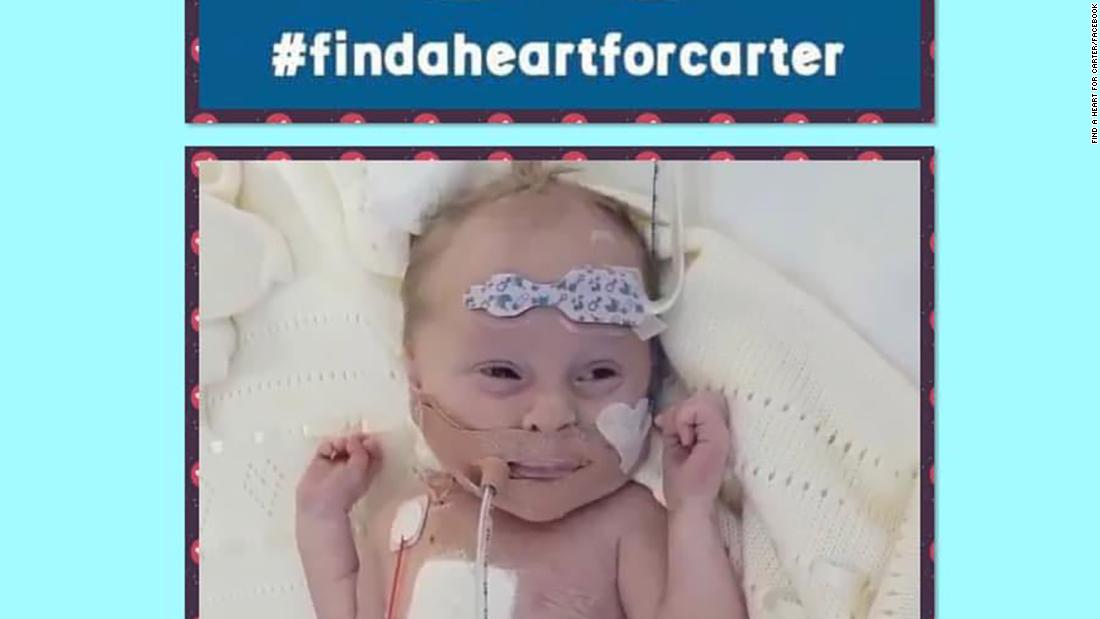
When starting solids, always introduce one new food at a time to your little one to determine what might have caused the response.
Formula feeding your baby? If you notice signs of a food allergy before introducing solid foods, your baby may be allergic to the formula (most commonly the cow’s milk protein). If you think this might be the case, work closely with your pediatrician to determine a suitable alternative formula.
Other Reasons For Crying After Eating
Many causes of post-feeding crying come back to the digestive process. They aren’t the only reasons, though. Some other things may cause your baby to cry.
5. Teething
Most babies will begin teething between 4 and 6 months of age. This doesn’t guarantee the teeth will show up shortly afterward, though. Some babies could go through several months of teething before the teeth break through the gums.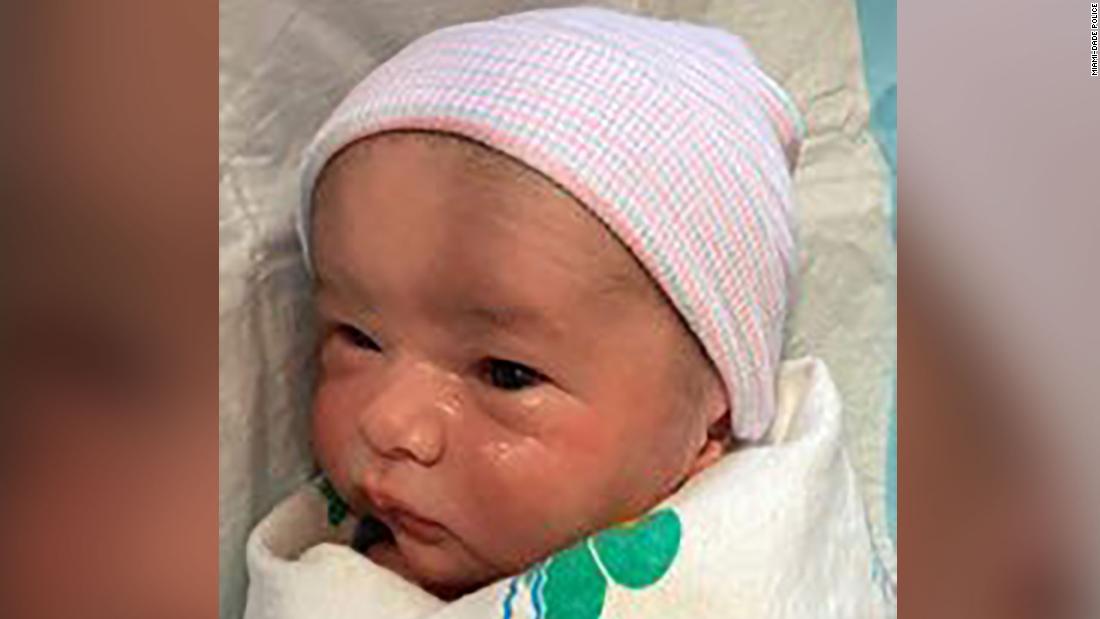
Unfortunately, your child will likely experience inflammation and extreme discomfort in the mouth and gums during this time. This can make even usually benign experiences, like nursing or bottle-feeding, incredibly painful.
If your baby is experiencing teething-related pain, you can help by numbing their gums with cool water before feeding. Just dip your thumb in water and rub directly onto the gums (6). Or let them chew on a washcloth that has been wet and then slightly frozen.
Other pain management approaches can include numbing oral medications and anti-inflammatories (though you’ll want to ask your baby’s doctor before using these). You’ll also want to provide plenty of opportunities for your baby to practice gnawing on things. This can help relieve the pressure, encouraging teeth to break through a little more quickly.
6. Thrush
Babies can experience an overgrowth of yeast in their mouths (7). While Candida, a parasitic fungus, is normally present in your body and in your baby’s mouth, excess yeast can be a problem. It’s extremely uncomfortable and may impact your baby’s ability to eat properly.
It’s extremely uncomfortable and may impact your baby’s ability to eat properly.
Excess amounts of yeast frequently happen after a course of antibiotics. Antibiotics will kill off the bad bacteria, but they don’t discriminate. This means they may also kill off good bacteria, leaving an imbalance that can lead to thrush.
Thrush is usually a visible condition. If you suspect your baby has thrush, look inside their mouth. If thrush is present, you’ll see filmy white patches that may look like milk. If the patch doesn’t come away with a swipe from your finger, you’re looking at thrush.
If your baby has thrush, make an appointment with your pediatrician. A simple course of prescription antifungal medication will help clean up the condition.
Yeast is quite persistent. If you’re dealing with thrush, plan on sterilizing every plastic nipple or pacifier you own to prevent recontamination. Nursing? You’ll need to be treated for thrush as well — or you will simply pass the infection back and forth between you and your baby.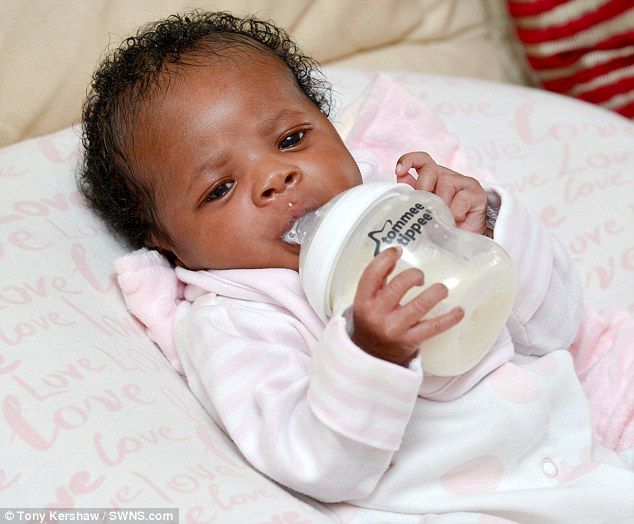
Feedback: Was This Article Helpful?
Thank You For Your Feedback!
Thank You For Your Feedback!
What Did You Like?
What Went Wrong?
Why does a baby cry - an article in the newspaper of the EMS clinic "On Health"
— The simplest answer to the question about sedatives is definitely: no. Parents should not use painkillers, sedatives, herbal “bye-bye”-fees and other means to calm the baby. In any case, until it was recommended by a neurologist after a comprehensive examination. Giving a sedative to an infant is like hiding your head under a pillow when the alarm goes off: it won't stop time and you'll be late for work anyway. You need to try to understand your baby, make sure that his most basic needs are met, and only then proceed to the exclusion of more complex and rare problems.
Try to remain calm and act only in the interests of the child
Up to three weeks of age, the most common cause of constant crying of a child is banal malnutrition.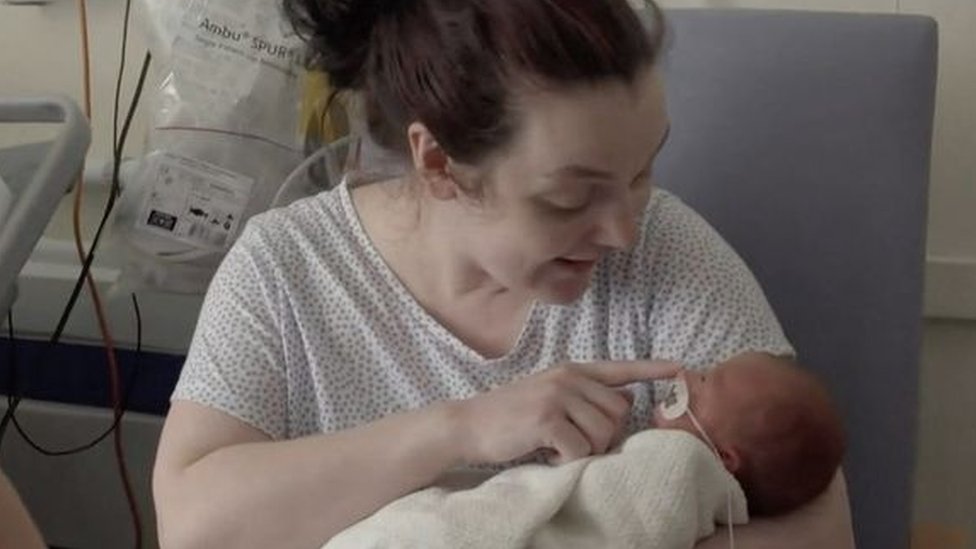 A common mistake of parents is the desire to stick to the schedule when breastfeeding in the first month of a child's life. A baby can suck out 150 ml of milk in three minutes, or maybe 20 ml in an hour, and a nursing mother is not able to understand how much has been eaten by the sensations of "emptying the breast". With free feeding in the first month, record the dynamics of the baby's weight gain. When feeding on a schedule, conduct a series of control feedings with measurement of body weight before and after feeding, so you can make sure that the amount of one feeding is sufficient. If the baby's crying stops instantly as soon as you give the breast, this is absolutely normal.
A common mistake of parents is the desire to stick to the schedule when breastfeeding in the first month of a child's life. A baby can suck out 150 ml of milk in three minutes, or maybe 20 ml in an hour, and a nursing mother is not able to understand how much has been eaten by the sensations of "emptying the breast". With free feeding in the first month, record the dynamics of the baby's weight gain. When feeding on a schedule, conduct a series of control feedings with measurement of body weight before and after feeding, so you can make sure that the amount of one feeding is sufficient. If the baby's crying stops instantly as soon as you give the breast, this is absolutely normal.
What to do if the baby cries even after you have changed the diaper, tried to feed, picked up? If this happens often and the mother does not succeed in calming the child for more than an hour, you should consult a doctor. It is not always obvious to parents, especially good ones, in what order to seek medical help: should I call an ambulance or go to see my pediatrician in a couple of days, or maybe it’s better to grab the child and the CHI policy and rush to the nearest city hospital? Try to remain calm and act only in the interests of the child. Here are some tips to help you.
Here are some tips to help you.
- If the baby cries and cannot be calmed for more than two hours, call emergency services. Pre-measure the baby's temperature, check for rashes on the baby's body, and remember if there was a stool within the last 12 hours. Also make sure you have enough breast milk for a single feed. Report this information to the emergency services
- If a child often worries , sleep is short, but there is no monotonous crying-crying for more than two hours, then this can be dealt with on your own, and then with the help of a doctor at a clinic appointment or by calling him at home. The better prepared you are for your consultation, the more productive it will be. Things to do before the consultation:
- Determine breastfeeding volume by three to four checkweighs before and after feeding
- See if there is a connection between baby crying and feeding. When does the child worry and cry - immediately after eating, during feeding, an hour later, etc.
 ?
? - Recall the circumstances in which anxiety and frequent crying appeared: vaccination, errors in the mother's diet, starting to use or changing formula?
- Note accompanying symptoms and their relationship to crying: regurgitation, constipation, frequent stools, flatulence, appearance or increase of skin rash
- Assess the change in stool frequency and consistency
- Observe whether restlessness and crying persist after passing stool or flatulence
- Find out if there is an effect when placing a gas tube or a glycerin suppository.
The task of a pediatrician when complaining of frequent and prolonged crying of a child is to determine why the child is crying, whether he has any disorders (including digestive disorders) and what kind they are - functional, that is, this is a conditionally normal condition associated with the growth and development of the body or a reaction to changes in external (primarily nutritional) factors, or it is a pathology that must be suspected, diagnosed and treated.
Three types of crying
Experts say that babies have three types of crying:
- Basic . This is, in fact, a means of communication between the child and others. This cry is intermittent, smooth, the sounds are not sharp.
- Angry . This is how babies cry when they really don't like something or they really want something. In this case, parents may notice how the child's facial expressions change. He roars loudly, confidently, mostly on the exhale. Angry crying is usually the longest.
- Painful . With his help, the baby reports that he is in pain. At the same time, he screams to a screech, with piercing notes until he exhales completely.
causes, diagnosis and treatment - NEARMEDIC network of clinics
Immediately after birth, a healthy baby sleeps a lot. Most of the day is spent sleeping. The rest of the time he eats. In the first days of life, the child grows up, actively gaining weight.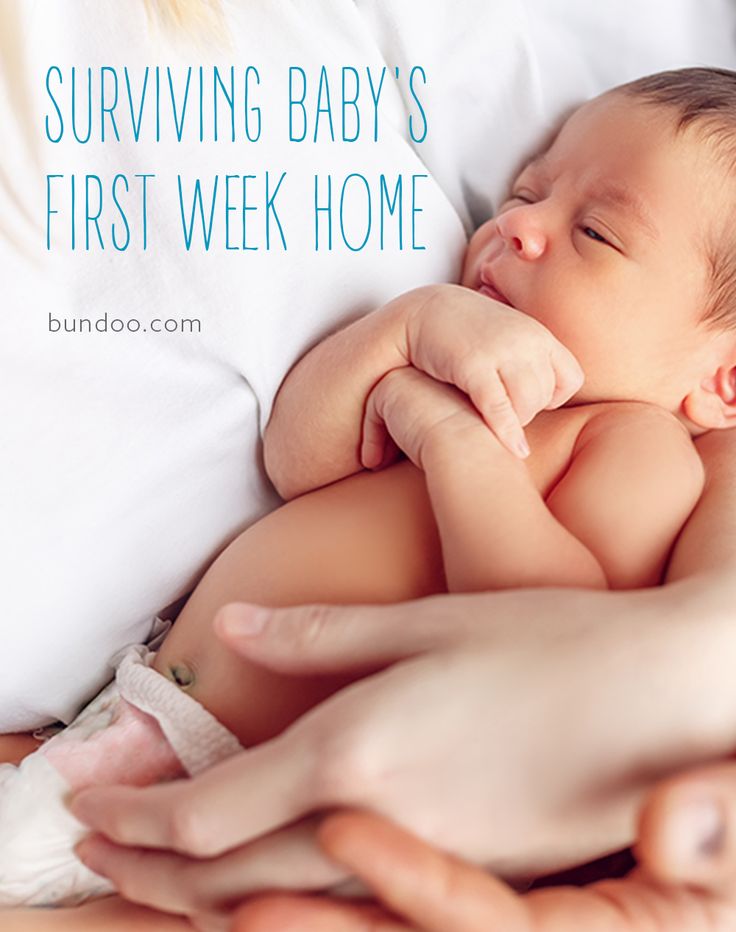 It remains for parents to observe, admire and perform hygiene and other care procedures.
It remains for parents to observe, admire and perform hygiene and other care procedures.
As time goes by, the sleep intervals become shorter and the time spent awake increases. A long sleep should not be alarming if the child wakes up for food, notifies you of wet diapers. But the lack of normal sleep and crying for too long after taking the usual measures serve as a signal that the baby is ill.
Frequent changes in the phases of sleep and wakefulness occur from birth to a year. Later, the schedule becomes more predictable. You can look at the newborn sleep calendar to find out what intervals of sleep and wakefulness are normal for the current period of life.
When not to worry
A healthy child starts groaning when he wakes up. These are the first signals that he wants:
- is;
- drink;
- feel parental warmth and smell;
- dry diapers.
If you immediately take the child in your arms, carry out all the usual manipulations and feed, the baby should calm down.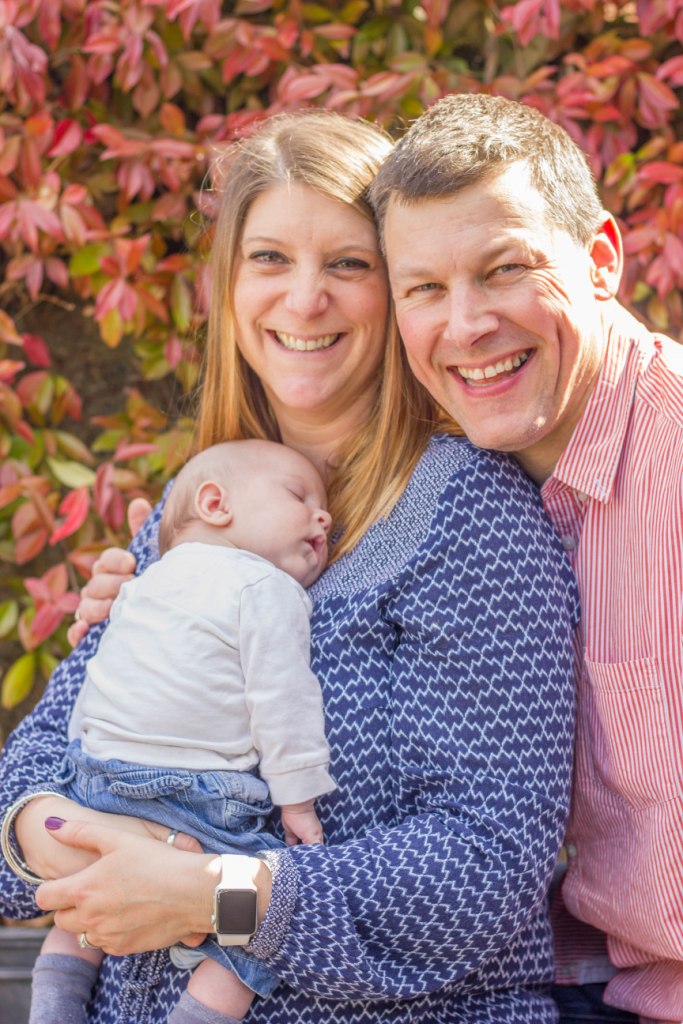 It happens that this does not happen, and the newborn cries, refuses to eat.
It happens that this does not happen, and the newborn cries, refuses to eat.
One of the first causes of this behavior is intestinal colic. This is increased gas formation caused by inappropriate nutrition. Sometimes it is enough to scold the child in your arms (ideally bare belly to the warm body of the parent) or massage the tummy for the symptoms to go away. In some cases, you have to resort to special means: from medicines to medical tubes for releasing gases.
WARNING! These procedures are best done only after examining a doctor and recommending certain means. Self-medication can change the picture of the disease, if any, as well as cause unnecessary suffering to the child without the desired effect.
Causes of colic
Colic can occur in children who are breastfed, organized according to all WHO standards, on mixed and full artificial. The reason is the imperfection of the gastrointestinal tract, which reacts sharply to components that are not suitable for absorption. It is always individual, therefore, nutrition is selected patiently, with the exception of those components that caused the disorder.
It is always individual, therefore, nutrition is selected patiently, with the exception of those components that caused the disorder.
How can a specialist help?
If colic is detected, the doctor will take an anamnesis, help analyze nutrition, recommend a set of measures to improve the condition, prescribe new nutrition, medications to eliminate discomfort. The doctor will monitor the condition of the baby until it is completely normal.
The specialist will show you how to stroke your baby's tummy properly to stimulate the bowels to expel excess gas as soon as possible. He will tell you about the features of the feeding regimen and the rules for laying the newborn on the tummy in order to improve digestion and prevent regurgitation.
Symptoms
The baby cannot sleep for a long time, often wakes up. It is especially evident when the child falls asleep in the arms or on the stomach of the parents and immediately wakes up crying when trying to put him separately.
Dysbacteriosis
Another important reason that guarantees restless sleep in infants is an imbalance of bacteria in the gastrointestinal tract. After a series of tests, a diagnosis is made - dysbacteriosis. The doctor will not only prescribe treatment, but also help to identify the cause of such an unpleasant disease.
Causes:
- improper feeding;
- effects of taking antibiotics.
With proper organization of breastfeeding, there is practically no dysbacteriosis in children, unless there is a history of taking antibiotics by the mother or baby, and also if there were no episodes of supplementary feeding or supplementation with foreign mixtures, water, and other liquids.
Breast milk is an ideal, balanced environment that contains both nutrients and bacteria that ensure proper absorption of food. If necessary, a trained doctor will talk about the rules of breastfeeding recommended by WHO according to the baby's natural biorhythm.
Artificial nutrition is also designed in such a way that it contains all the necessary substances and a complex of important bacteria. But not always a specific diet is suitable for a child, you have to sort out options, take additional drugs to improve digestion.
Causes
- overeating;
- change of type of food;
- early or incorrect feeding.
Symptoms
The baby sleeps poorly and little, waking up, he can scream for a long time, not falling asleep all night. He falls asleep already in the daytime, rather from fatigue, and periodically whimpers in his sleep, a short restless sleep. May refuse to breast or bottle, arch. Does not calm down from the usual activities that helped with colic.
A characteristic sign is green loose stools with an abundance of mucus and undigested milk clots.
The most important signal about the normalization of the condition is the established normal sleep of the child.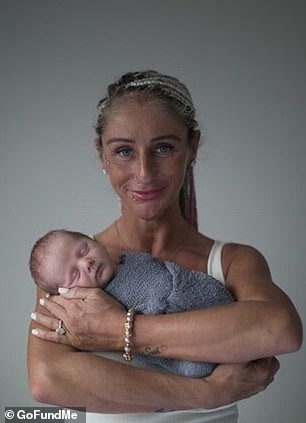
Otitis
Infants are prone to otitis. The imperfection of the structure of the hearing aid leads to inflammatory processes, often they have to be treated with antibiotics. The baby experiences severe pain that interferes with sleep, there are no visual signs, including temperature. In this case, the doctor suspects otitis in the first place, so an examination of the ears is mandatory.
Congenital pathologies
Some diseases do not have a pronounced picture, but their presence may disturb the child. Sleep problems are a clear sign of discomfort, which is characteristic of both normal teething and a number of serious diseases.
If the baby can be calmed relatively quickly, he sleeps enough and smiles often, then you can do without consulting a specialist. When a child sleeps only from fatigue and not very calmly, this is a signal for concern. If sleep disturbance becomes unbearable, permanent, and previous examinations and measures taken have not given a positive effect, a comprehensive examination is necessary.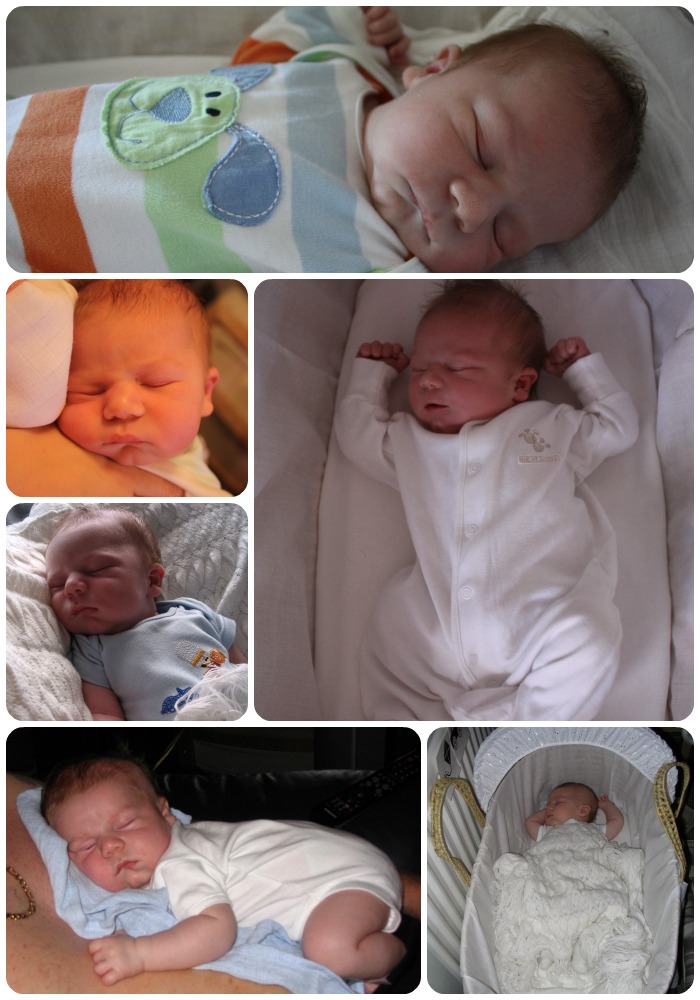
Diagnoses can range from subtle defects in the musculoskeletal system to developing serious problems. Most childhood diseases are subject to treatment or at least correction, which is most effective in the initial stages. Identification of the causes, making an accurate diagnosis are necessary for taking timely measures.
The network of NEARMEDIC clinics has a maximum of necessary equipment, its own laboratory, all types of examinations are carried out, specialists of a wide and narrow profile work.
Diseases of the nervous system
Problems with the nervous system are typical in a number of cases, and often parents are morally disposed to them in advance, as they have been warned by specialists. Unusual, anxious behavior is characteristic of newborns in a number of cases:
- the child was born prematurely;
- pregnancy was accompanied by complex diseases, taking strong drugs;
- immediately after birth, the child was weaned from the mother, was treated;
- births were completed with complications;
- birth with asphyxia, hematomas and other physical disorders.
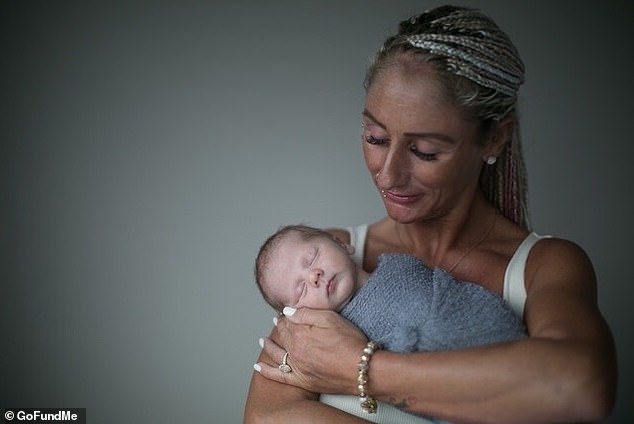
In these cases, the behavior of the baby is unpredictable, the development of the nervous system occurs in different ways. Doctors can conduct an examination, identify deviations from the norm of development, identify signs of the disease. In some cases, massage, walking, taking baths with sedatives helps. In other situations, the doctor prescribes drug therapy. This is necessary to normalize sleep, as the child's psyche suffers from insufficient rest.
Some diseases of the nervous system cannot be diagnosed before the age of one or even three years, therefore, supportive therapy is carried out aimed at calming, stabilizing sleep, and the ability to relax. Such manifestations as hypertonicity, hyperactivity and other behavioral features are leveled. The absence of these measures can seriously complicate the subsequent treatment, and timely therapy can improve the situation today and facilitate the stabilization of the condition in the future.
Benefits of normal sleep
It is especially important for a child to get healthy sound sleep in the amount of time that is normal for his age. During sleep, the most active growth occurs, the psyche calms down, body cells work. Lack of sufficient rest time primarily affects mental health, which can easily provoke physical ailments. Normalization of the child's life is also necessary for parents who also experience moral suffering, do not rest as they should, become irritable, nervous.
During sleep, the most active growth occurs, the psyche calms down, body cells work. Lack of sufficient rest time primarily affects mental health, which can easily provoke physical ailments. Normalization of the child's life is also necessary for parents who also experience moral suffering, do not rest as they should, become irritable, nervous.
Where to go
The NEARMEDIC network of clinics employs experienced specialists who identify the causes of sleep disorders and help eliminate them.
The doctor determines why the child is experiencing discomfort.
NEARMEDIC clinics have developed special conditions for managing the health of babies under one year old. By participating in this program, you are guaranteed medical supervision from all relevant specialists. At the conclusion of the contract, you can at any time contact the currently working specialist, get advice, examination and the necessary appointments.
Specialists have access to the latest diagnostic equipment for fast and accurate diagnosis.

